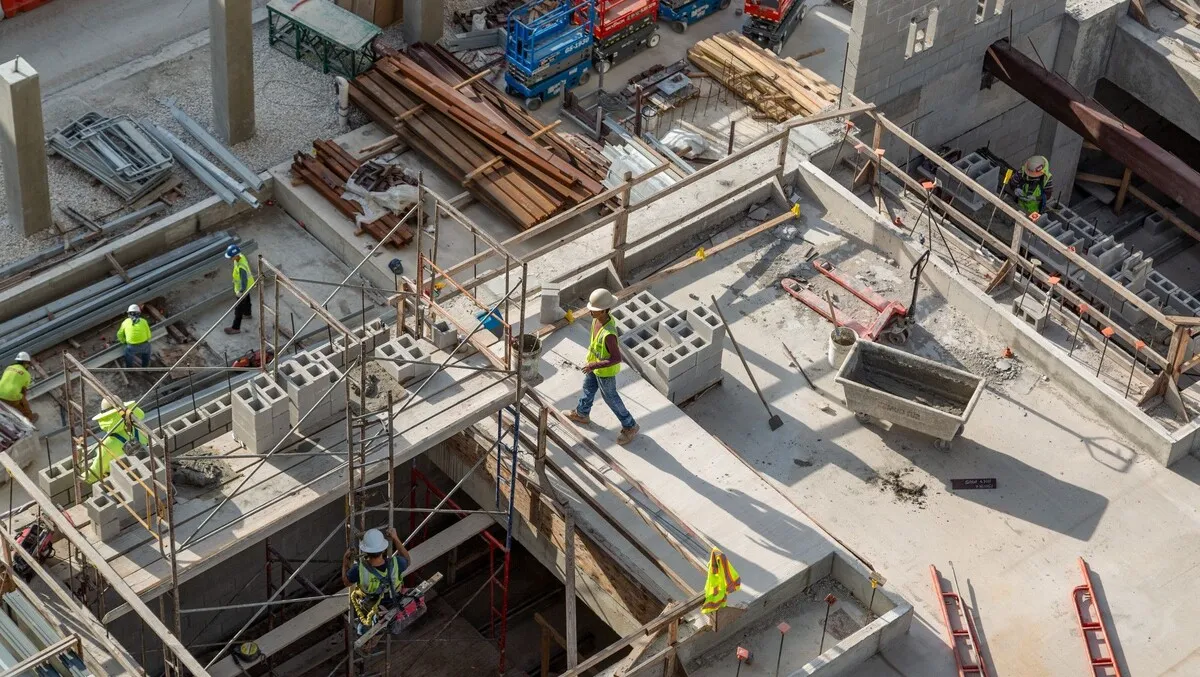
Digital skills deficit hampers Australia's construction sector progress
A lack of digital expertise is posing significant challenges to Australia's construction sector, amidst skilled labour shortages and supply chain disruptions, according to a recent report. Forty-one per cent of construction businesses have reported uncertainty about the skills and capabilities required to implement technology solutions. Productivity within the industry is threatened by these challenges, inducing inefficiencies, delays, and cost overruns in project execution.
In the words of Sumit Oberoi, Senior Manager, Industry Strategist, APAC at Autodesk, "In a post-pandemic landscape, the construction industry continues to face significant hurdles and is still grappling with an undersupply of skilled labour, costly materials and supply chain disruptions". Oberoi identified a lack of digital skills and an ageing labour force as key barriers to the adoption of new technologies within the sector.
The Deloitte and Autodesk report for 2023, "State of Digital Adoption in Construction", indicates that a common barrier to digital adoption is a lack of clarity about the required skills. Around 41% of businesses have echoed this concern, with 55% in Singapore and 43% in Australia reporting a skills gap. This suggests inadequate information around different technologies, hindering the ability of businesses to develop their capabilities.
The digital skills shortage is of course not confined to the construction industry. The APEC Digital Skills Gap survey highlighted that 75% of businesses across all sectors reported a significant digital skills gap in their countries, exacerbating the challenges for the construction and engineering industry who are grappling with other sectors for a limited pool of skilled talent.
Despite these clear obstacles, businesses in the construction industry remain positive about the future. The "State of Digital Adoption in Construction 2023" report revealed that 60% of businesses surveyed across Asia Pacific are expecting positive revenue growth over the 2023 financial year. Nearly nine out of 10 businesses (89%) reported investments or purchases of new technology during FY2022. "There is a sense of optimism in the industry, with organisations investing in new technologies that provide opportunities for change", Mr Oberoi said.
Oberoi emphasised the transformative potential technology can bring to the industry: "Embracing technology can help shed the perception of an industry behind the times, foster innovation, and attract tech-savvy talent. The effective adoption and use of new digital technology will play a crucial role in realising revenue growth, and for business survival".
Businesses are encouraged to address the digital skills divide actively. According to the Autodesk "Constructing tomorrow: building a dynamic workforce for the future" eBook, digitalisation can help attract a broader range of skills required for transformation and position companies better to attract the new generation of workers. This, in turn, can help to improve productivity, competitiveness, safety and deliver a significant return on investment.
However, Oberoi pointed out that investment alone might not be enough, companies need a technology partner offering extensive support and training. Thomas Bierbaum, Autodesk Construction Solutions APAC Manager, Customer Success, agreed: "Implementing new technologies at an enterprise level requires large-scale sweeping change and extensive product training. For successful digital transformation, businesses need to partner with technology providers offering ongoing support and comprehensive industry knowledge".
To conclude, Bierbaum said, "Committing to using these tools is not a decision that a customer will make lightly. They need much more than a software vendor. They want a trusted, loyal advisor that listens to them and guides them through this journey of digitalisation".


